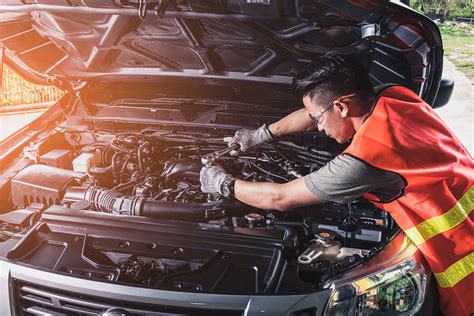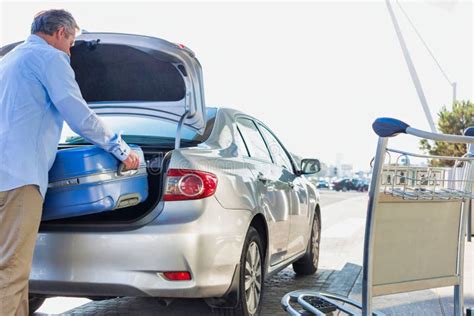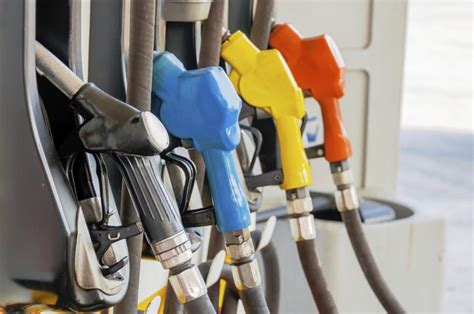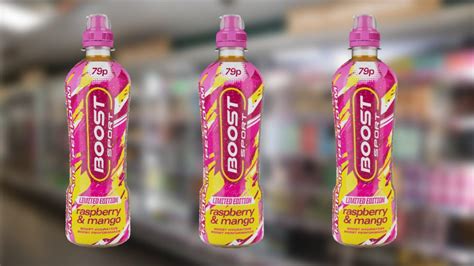Unlock Fuel Efficiency: Your Guide to Saving at the Pump
In an era of fluctuating gas prices, maximizing your car’s Miles Per Gallon (MPG) isn’t just a smart move for your wallet; it’s also a step towards a more sustainable driving lifestyle. Small changes in your habits and vehicle maintenance can lead to significant savings over time. Let’s explore practical strategies to boost your car’s fuel efficiency and keep more money in your pocket.

Mastering Your Driving Habits
The way you drive has a profound impact on your car’s MPG. Aggressive driving—characterized by rapid acceleration, hard braking, and excessive speeding—is a major fuel guzzler. Smooth and steady driving is key. Anticipate traffic and avoid sudden movements. Gradual acceleration and deceleration can improve your fuel economy by 15-30% on the highway and 10-40% in stop-and-go traffic.
Maintaining a consistent speed, especially on highways, helps a lot. Using cruise control for long stretches of open road can prevent unnecessary speed fluctuations. Furthermore, avoid excessive idling; if you’re going to be stopped for more than 30 seconds (excluding traffic), it’s often more fuel-efficient to turn off your engine and restart it.

The Power of Proper Vehicle Maintenance
A well-maintained car runs more efficiently. Regular service can prevent minor issues from becoming major fuel sinks.
- Tire Pressure: Under-inflated tires increase rolling resistance, forcing your engine to work harder. Check your tire pressure monthly and ensure it matches the manufacturer’s recommended PSI (found on a sticker inside your driver’s side door jamb or in your owner’s manual). Proper tire inflation can improve MPG by up to 3%.
- Engine Tune-Up: A poorly tuned engine, clogged air filter, or worn spark plugs can drastically reduce fuel efficiency. Regular tune-ups, including replacing spark plugs and air filters as recommended, ensure your engine is performing optimally. A dirty air filter alone can reduce MPG by up to 10%.
- Oil Changes: Using the correct grade of motor oil and ensuring regular oil changes reduces engine friction, allowing your engine to run smoother and more efficiently.

Weight, Aerodynamics, and Route Planning
Every extra pound your car carries requires more fuel to move. Remove any unnecessary heavy items from your trunk or back seat. Similarly, external additions like roof racks, cargo carriers, or bike racks, while useful, create aerodynamic drag, particularly at highway speeds. Remove them when not in use to reduce air resistance and improve fuel economy.
Strategic route planning can also save fuel. Utilize navigation apps to find the most efficient routes, avoiding heavy traffic and unnecessary detours. Combining multiple errands into one trip reduces cold starts, which are less fuel-efficient than driving with a warm engine.

Conclusion: Drive Smarter, Spend Less
Boosting your car’s MPG is an achievable goal that combines mindful driving habits with diligent vehicle maintenance. By adopting these strategies—from smoothing out your acceleration to keeping your tires properly inflated—you’ll not only see a significant reduction in your gas expenses but also contribute to a healthier environment. Start implementing these tips today and watch your savings grow!





